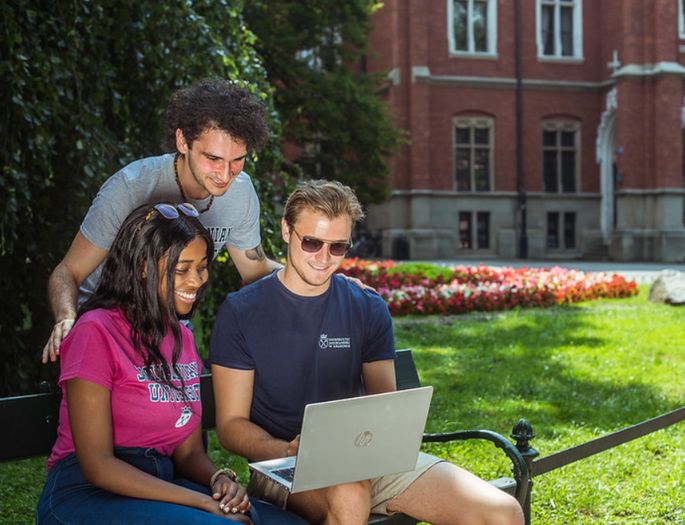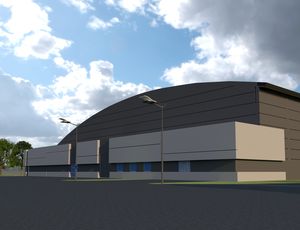
The Ministry of Science and Higher Education has awarded the SOLARIS National Synchrotron Radiation Centre with a grant for the expansion of the experimental hall. This long-awaited decision opens up new perspectives for the development of the Centre.
The area of the synchrotron hall will be increased by over two thousand square meters. This space will enable the construction of four new beamlines, which require a long distance between the sample and the synchrotron radiation source. These new facilities include the SOLCRYS beamline for the structural research. The beamline end stations will enable analyses of the structure of proteins, viruses, nucleic acids, and polymers. These studies provide knowledge on the molecular structure of the basic building blocks of living organisms, including the architecture of macromolecules. Research carried out on the beamline will be used, among others, in biological sciences, medicine (drug design and discovery), chemistry, and materials science. SOLCRYS will be the only research infrastructure of this type not only in Poland, but also in the Central and Eastern Europe.
About 200 m2 of the new experimental hall will be allocated to a cryo-electron microscopy laboratory. The laboratory will house the Krios G3i Cryo-TEM microscope, which was temporarily installed in the warehouse part of the original hall in 2019. The space for the second, complementary cryo-electron microscope will also be reserved. The second device will soon be delivered to SOLARIS thanks to the European Funds (the Smart Growth Operational Program). The development of the cryo-electron microscopy has revolutionised structural biology in recent years and resulted in a long list of research with ground-breaking results published in the most prestigious scientific journals. Therefore, the above-mentioned microscopes will make the SOLARIS Centre one of the most important points on the map of Polish research infrastructure.
The remaining space in the new experimental hall will be used for establishing a sample preparation laboratory. In addition, to ensure the comfort of scientists who will come to SOLARIS, silent work rooms will be created.
The investment will commence immediately after obtaining the necessary permits. The construction of the new part of the experimental hall should be completed in 2022.
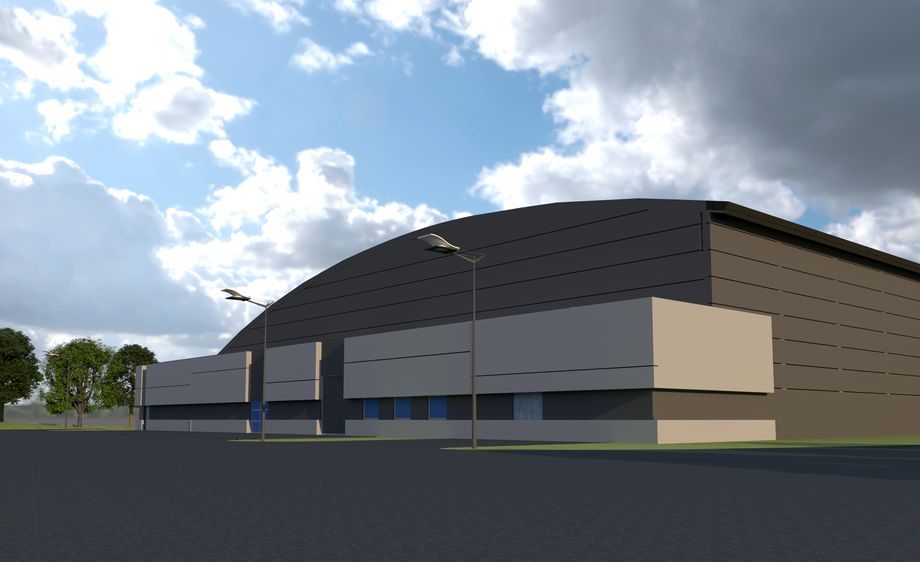
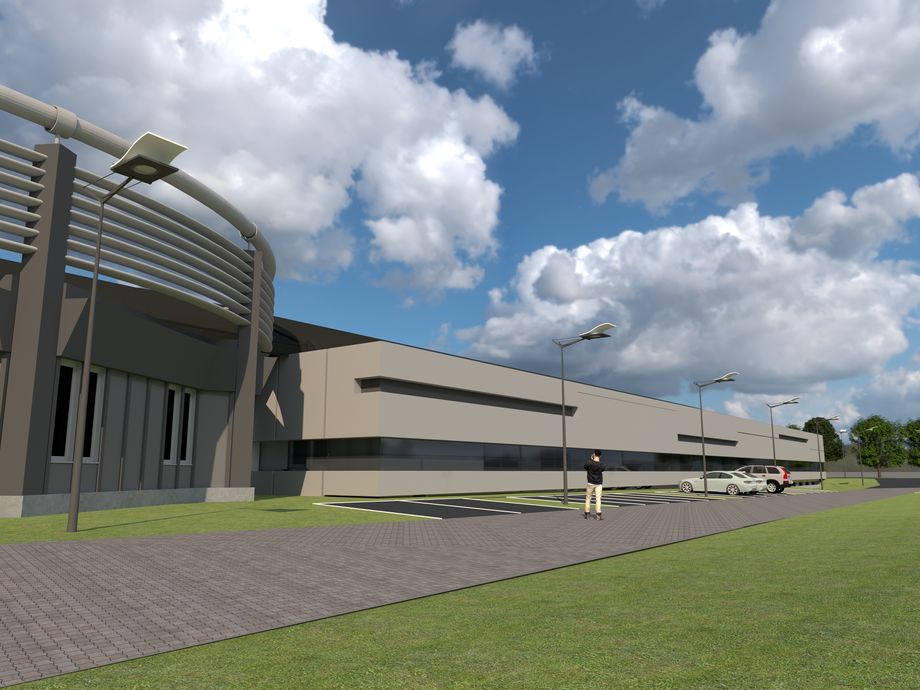
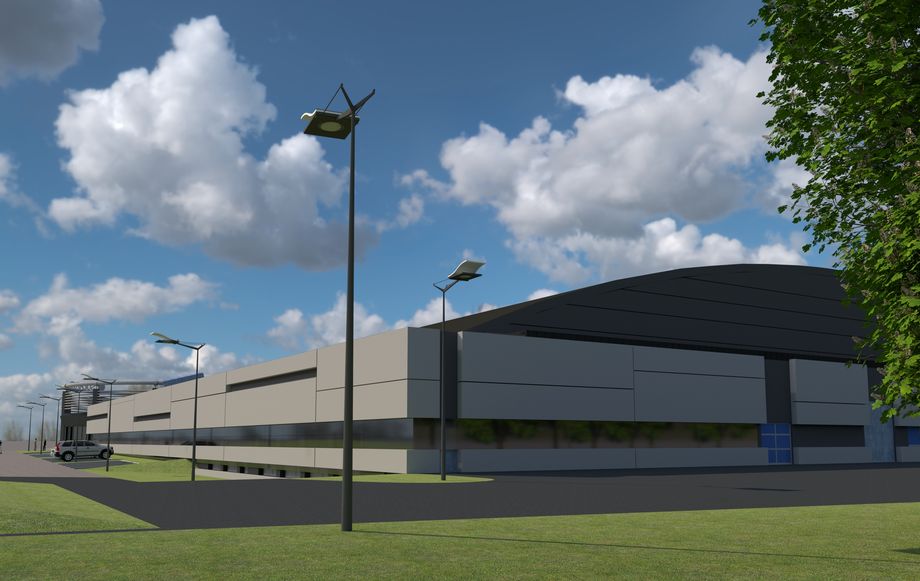
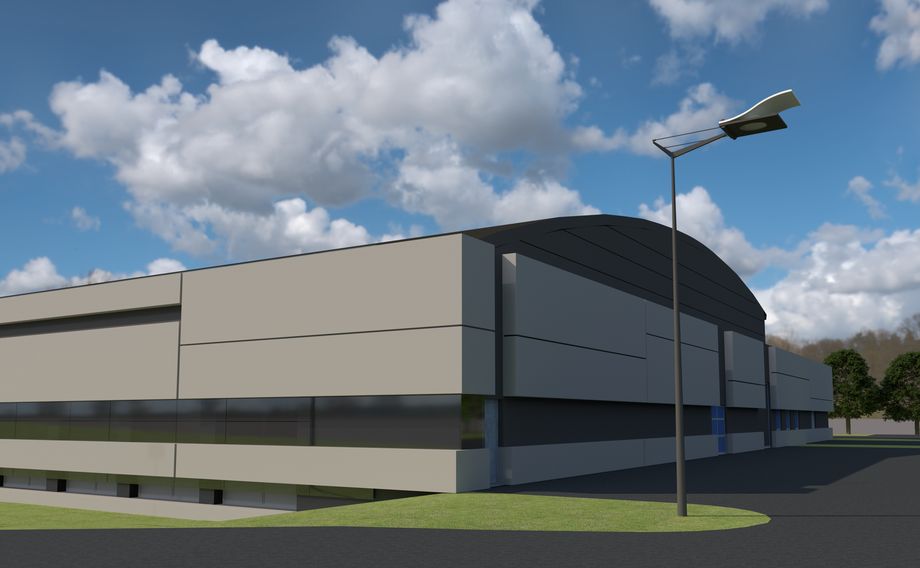
Source: SOLARIS website




